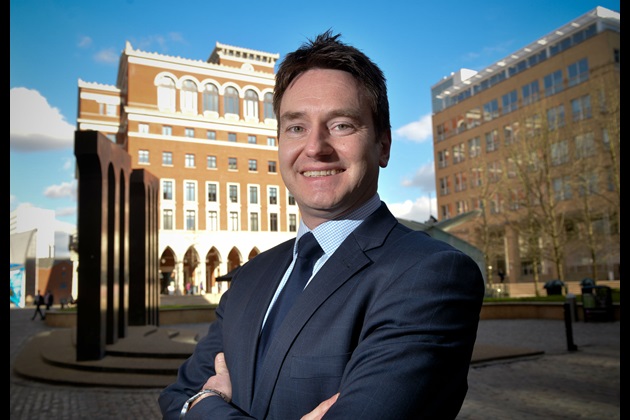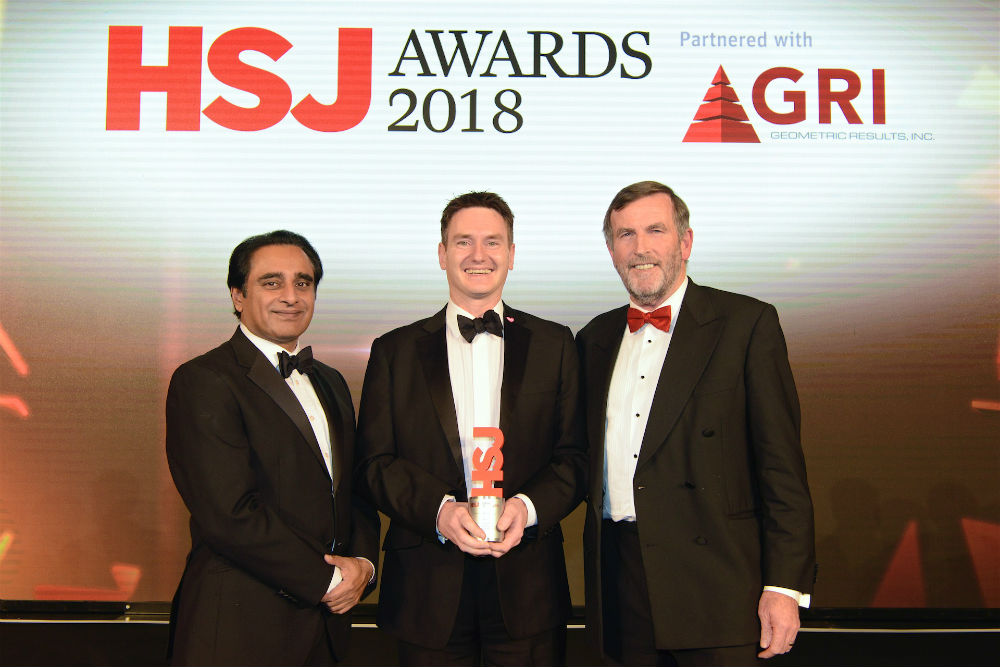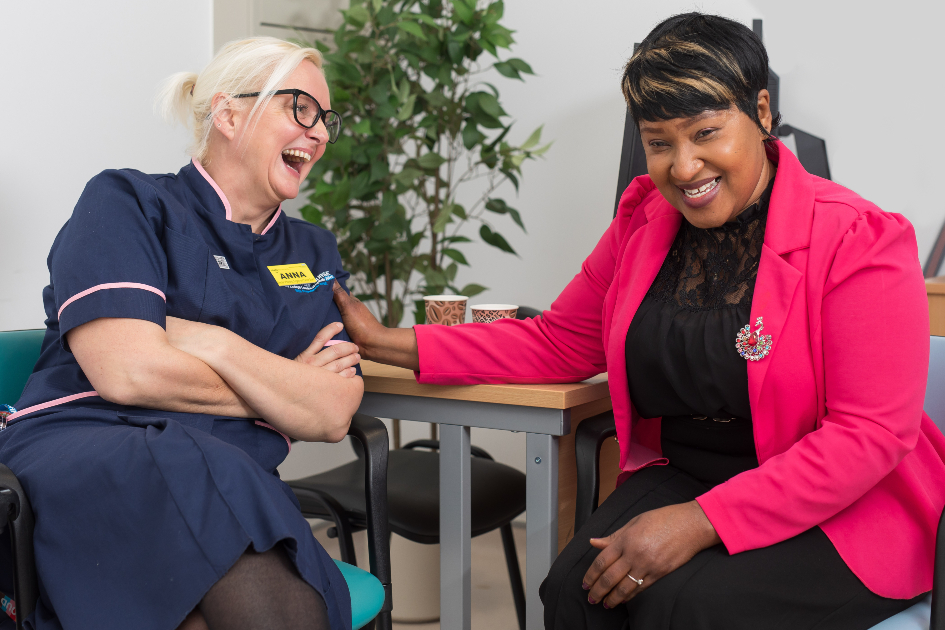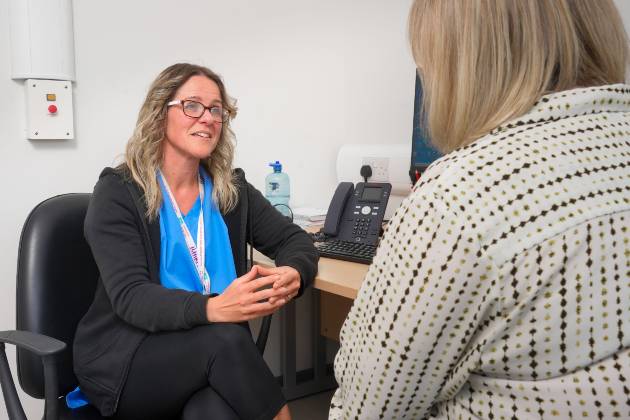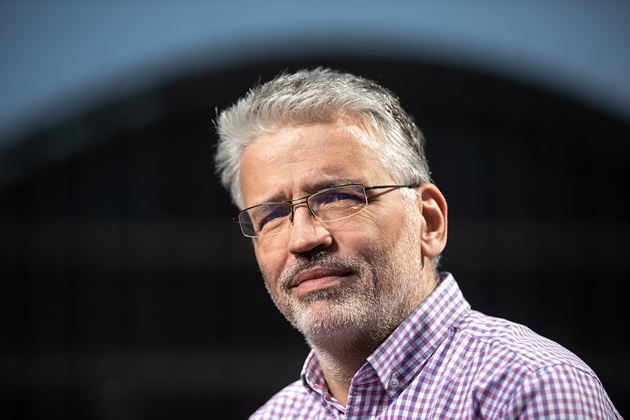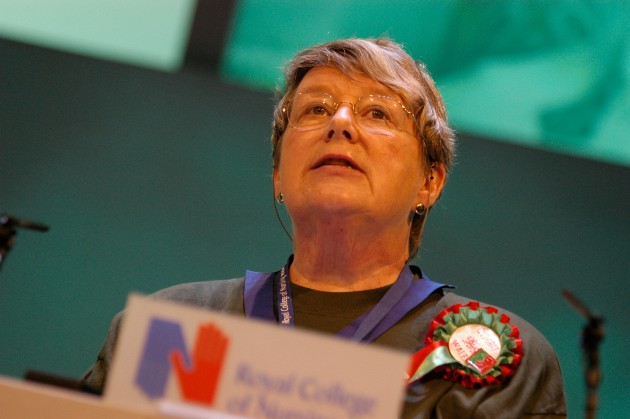Anthony Clarkson explains how opportunities to try out new ideas have helped him become an award-winning nurse leader
Asked what he does for a living, Anthony Clarkson will always say “nurse” first. “It’s core to what I do,” he says. “It’s incredibly important that I’m a nurse and that I bring the values of my profession with me.”
That view is echoed in his response to winning the prestigious Health Service Journal (HSJ) clinical leader of the year award in 2018.
“I take as much pride in the fact the award was won by a nurse - it hasn't been for a number of years - as I do in winning the award myself,” says Anthony, who is Assistant Director and Chief Nurse for Organ Donation and Transplantation at NHS Blood and Transplant.
Increasing the number of organ donors
The award highlights his considerable achievements, including increasing the number of organ donors by 95 per cent over 10 years. In 2017-18 there were 1,575 deceased organ donors in the UK - the highest number ever and 3% above that year's goal - with a record number of 4,035 lifesaving organ transplants taking place.
“It means that many more people who want to donate have that opportunity,” says Anthony. “And with every precious organ donation we are bringing hope of a life-saving organ transplant to those on the transplant waiting list.
“But there is no room for complacency while people are still dying waiting for a transplant. I'm determined to support every family who decide to donate and to maximise the opportunities for organ donation to happen.”
Despite coming from a family of nurses, as a youngster, Anthony wasn’t immediately drawn towards following in their footsteps. “I wasn’t thinking about nursing as a career,” he admits. “I knew I had an entrepreneurial streak, but was unsure about the direction that would take me in. Then my mum explained that you can use those skills in nursing and they will open doors.”
After working as an auxiliary while at sixth form college, he found he really enjoyed the caring aspects of nursing too, so applied to do his training, qualifying in 1994. Roles in head and neck surgery were followed by a move as a staff nurse to what was then the National Blood Service in 2000, while he completed his nursing degree.
Nine months after joining, he was asked to set up a living tissue donation programme. “It was like being given a blank sheet of paper,” explains Anthony. “Throughout my career, the organisation has given me the space to try out ideas and I’ve worked with managers who have encouraged me to push the boundaries, supporting me throughout. It’s liberating.”
A collegiate style of management
Securing various promotions throughout his time with the organisation - including Head of Clinical Development for the tissue donations programme and Professional Lead for eye donations - he took up his current post in 2009, although he is presently Interim Director.
Among the attractions are the wide-ranging nature of the role. “There’s an obvious clinical element but there are also questions around ethics, legalities and logistics, all testing you in different ways and challenging your thinking,” says Anthony.
As a leader, he describes his style as collegiate. “I try to listen and bring people with me, so we’re all moving in the same direction,” he explains. He also believes it’s important to stay in close touch with what’s happening on the frontline of the service.
“It’s difficult because my team is spread across the whole of the UK, but I stay connected through initiatives such as my virtual open-door sessions, where people can talk to me about their concerns and any ideas they have,” says Anthony. “I want them to feel they can try new things too, as I know that can lead to fantastic changes.”
Families of those who donate get great comfort from being able to help others
He also goes back to the floor as often as he can. “Nurses tend to get on with things and make do – that’s our character,” says Anthony. “But when you see them at first hand struggling with something, you can try and sort it out. It’s easier to see what’s important to those who are providing hands-on care.”
A proud RCN member since he was student, he tries to keep up to date with new developments. “I’d describe myself as an active observer,” says Anthony. “Through its publications and the support it gives nursing staff, the RCN has been very helpful in my career.”
His constant inspiration is the nature of the service. “We know that the families of those who donate get great comfort from being able to help others,” says Anthony. “We rarely get to meet the recipients, especially in organ donation, but they depend on us to do the best job we possibly can. It drives you forwards.”
Although he’s been with his organisation for the best part of two decades, he has never felt like switching. “Some will say you have to move around and try different things, but it feels like I’ve been in a new job many times over, because the environment has changed so much,” says Anthony.
“I’ve never felt bored or constrained by staying here. I’ve always said if I ever have that Sunday night feeling of dread, I would get another job - but fortunately that’s never happened.”
Further information
The RCN supports an opt-out system of consent for organ and tissue donation after death so long as certain safeguards, supports and resources are in place. Find out more.


